
5 Herbs Your Liver Wished You’d Start Eating More Often (Or At Least Try!)
The liver is the largest solid organ in the human body—and arguably one of the most vital for overall health. It plays a central role in filtering toxins from the bloodstream, breaking down waste products, metabolizing fats and carbohydrates, and producing bile. In fact, many experts refer to the liver as the body’s primary detox organ—without it, life isn’t possible.
Unfortunately, our modern lifestyles often work against liver health. Poor diets, sedentary habits, alcohol use, over-the-counter pain medications (like acetaminophen), and constant exposure to environmental toxins all place a heavy burden on the liver.
Why Liver Health Matters
A healthy liver performs numerous essential functions:
-
Filters blood to remove toxins
-
Converts waste from metabolic processes into urea for elimination via urine
-
Produces bile to aid in the digestion of fats and carbohydrates
-
Balances blood sugar levels
-
Synthesizes glutathione, the “master antioxidant” that helps regenerate other antioxidants
-
Supports the creation of red blood cells
When the liver becomes overburdened or damaged, your entire system is affected. Poor liver function has been linked to conditions like type 2 diabetes, chronic fatigue, and even autoimmune disorders.
More severe liver issues include hepatitis A, B, and C—commonly viral in origin—and cirrhosis, often caused by excessive alcohol use. However, in recent years, non-alcoholic fatty liver disease (NAFLD) has become the most rapidly growing form of liver disease, driven largely by poor diets and sedentary lifestyles.
The Good News: The Liver Can Heal
Unlike many organs, the liver has a remarkable ability to regenerate and repair itself—given the right support. While mainstream medicine may quickly turn to aggressive interventions such as liver transplants, natural approaches—including the use of specific medicinal herbs—can often offer powerful support for both prevention and recovery.
Below are some of the best herbs for liver health, based on traditional use, clinical research, and centuries of herbal medicine wisdom. Whether you’re looking to maintain liver vitality or help reverse damage, these herbs can be valuable allies.
1. Milk Thistle (Silybum marianum)
Milk thistle is widely regarded as the most well-researched and effective herb for liver support. The active compound, silymarin, is a group of flavonoids known for their anti-inflammatory, antioxidant, and liver-protective properties.
-
How it helps: Silymarin protects liver cells from toxins, helps regenerate damaged cells, and enhances the liver’s ability to filter toxins.
-
How to use: Standardized extracts (80% silymarin) are available in capsules or tinctures. A common dose is 300 mg, three times daily.
-
Fun fact: Milk thistle seeds can also be used to make your own liver tinctures at home.
This herb is safe for long-term use and is often used both for prevention and treatment of liver issues.
2. Dandelion (Taraxacum officinale)
Yes, the "weed" you pull from your lawn is actually a powerful liver tonic! Dandelion, particularly its root, has long been used in traditional herbal medicine to support digestion and detoxification.
-
How it helps: Dandelion stimulates the production and flow of bile between the liver and gallbladder, enhancing detox and fat metabolism.
-
Nutritional bonus: It's rich in vitamins A, C, K, and minerals like iron, potassium, and zinc.
-
How to use: Available as capsules, teas, or tinctures. You can also use fresh roots and leaves if you harvest your own.
Many herbal blends combine dandelion with milk thistle for a comprehensive liver support formula.
3. Burdock Root (Arctium lappa)

Burdock root is a favorite in Ayurvedic and traditional Chinese medicine for its ability to purify the blood and support the liver.
-
How it helps: Encourages bile flow, detoxifies the bloodstream, and aids in the regeneration of liver cells.
-
How to use: Found in dried root form (great for teas or tinctures), capsules, or powdered extracts.
-
Tip: If making a DIY tincture, allow the chunks to expand while soaking.
Burdock is often used alongside other herbs like dandelion or red clover in liver detox formulas.
4. Artichoke Leaf (Cynara scolymus)

Artichoke is more than just a nutritious vegetable—its leaves are packed with compounds like cynarin, which offer profound liver and gallbladder benefits.
-
How it helps: Increases bile production, supports digestion, protects liver cells, and helps prevent gallstones.
-
How to use: Best taken as dried leaf tea, extract, or tincture.
Artichoke is especially helpful for those dealing with digestive sluggishness, jaundice, or fatty liver issues.
5. Turmeric (Curcuma longa)

Turmeric, the golden spice of India, contains curcumin, one of the most powerful natural anti-inflammatory compounds known to science.
-
How it helps: Reduces inflammation in liver tissue, supports detox pathways, and fights oxidative stress.
-
Enhance absorption: Combine with black pepper extract (piperine) or take with healthy fats (like olive oil or ghee) for better absorption.
-
How to use: Available in capsules, teas, or as fresh turmeric root. A popular method is mixing turmeric powder into warm coconut milk for a liver-friendly “golden milk” drink.
Turmeric is an essential herb for any liver-healing or anti-inflammatory regimen.
Final Thoughts: Listen to Your Liver
Maintaining liver health is about daily habits and conscious choices. While herbal remedies offer significant support, they work best when combined with:
-
A clean diet (low in sugar, processed foods, and alcohol)
-
Regular physical activity
-
Staying hydrated
-
Avoiding environmental toxins as much as possible
Your liver is constantly working to keep you healthy—even when you’re asleep. These herbs can provide it with the extra support it needs to function at its best and even repair damage over time.
If you're already dealing with liver issues, it’s wise to consult with a qualified herbalist or integrative health practitioner before starting any new supplement regimen. But for general liver wellness, incorporating one or two of these herbs into your daily routine can be a proactive step toward long-term health and vitality.
News in the same category


Eat this #1 meal to help unclog your arteries naturally

Canker Sores Are The Absolute WO:RST…Here’s How To Get Rid of Them Fast!
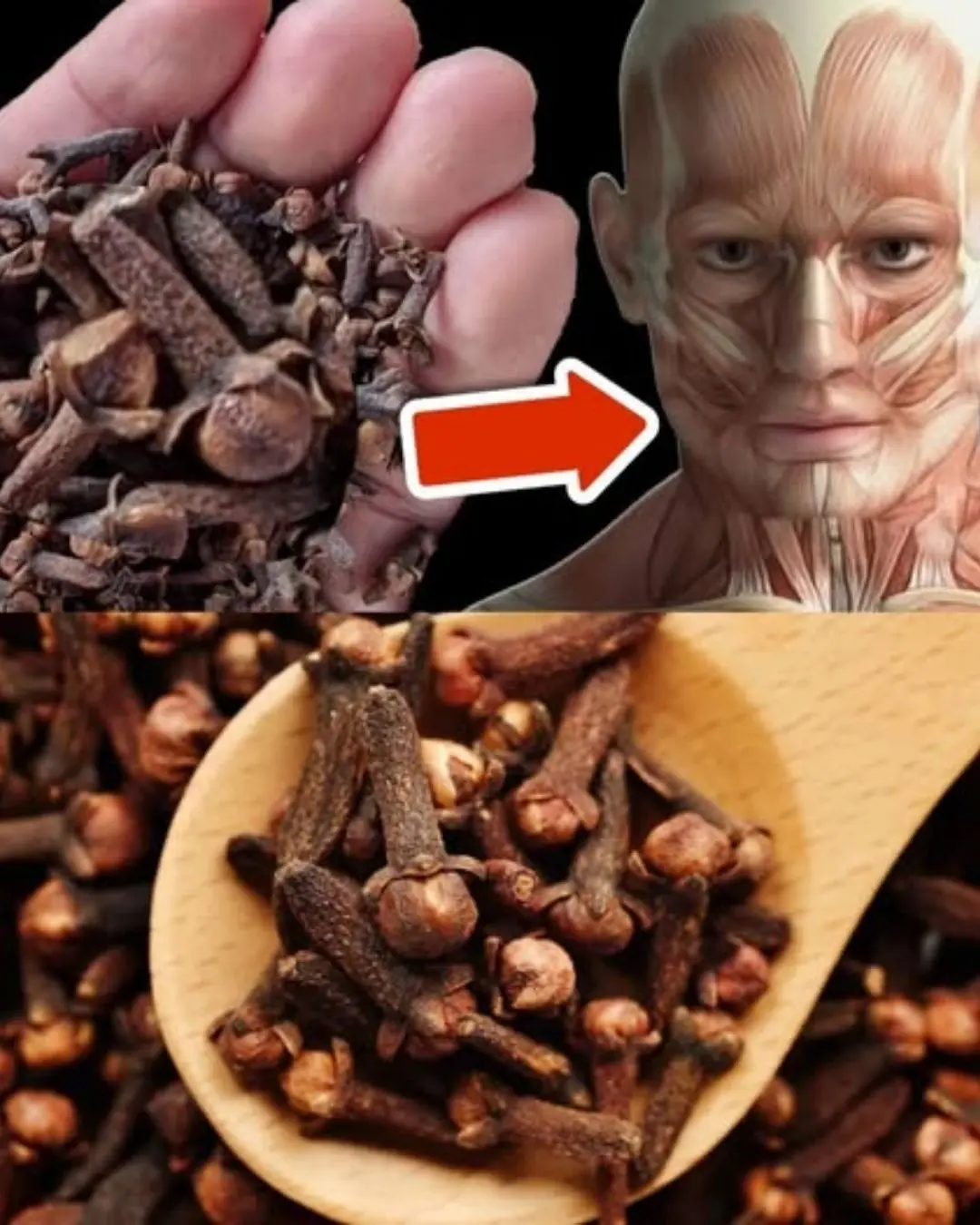
Cloves: 10 Health Benefits of Eating 2 Daily
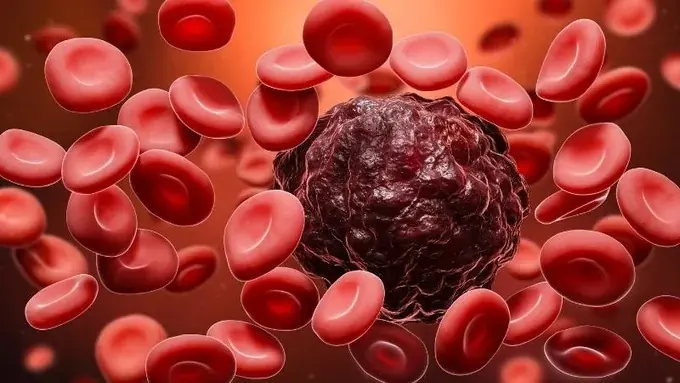
How to Spot the Early Warning Signs of Cancer Growing in Your Body
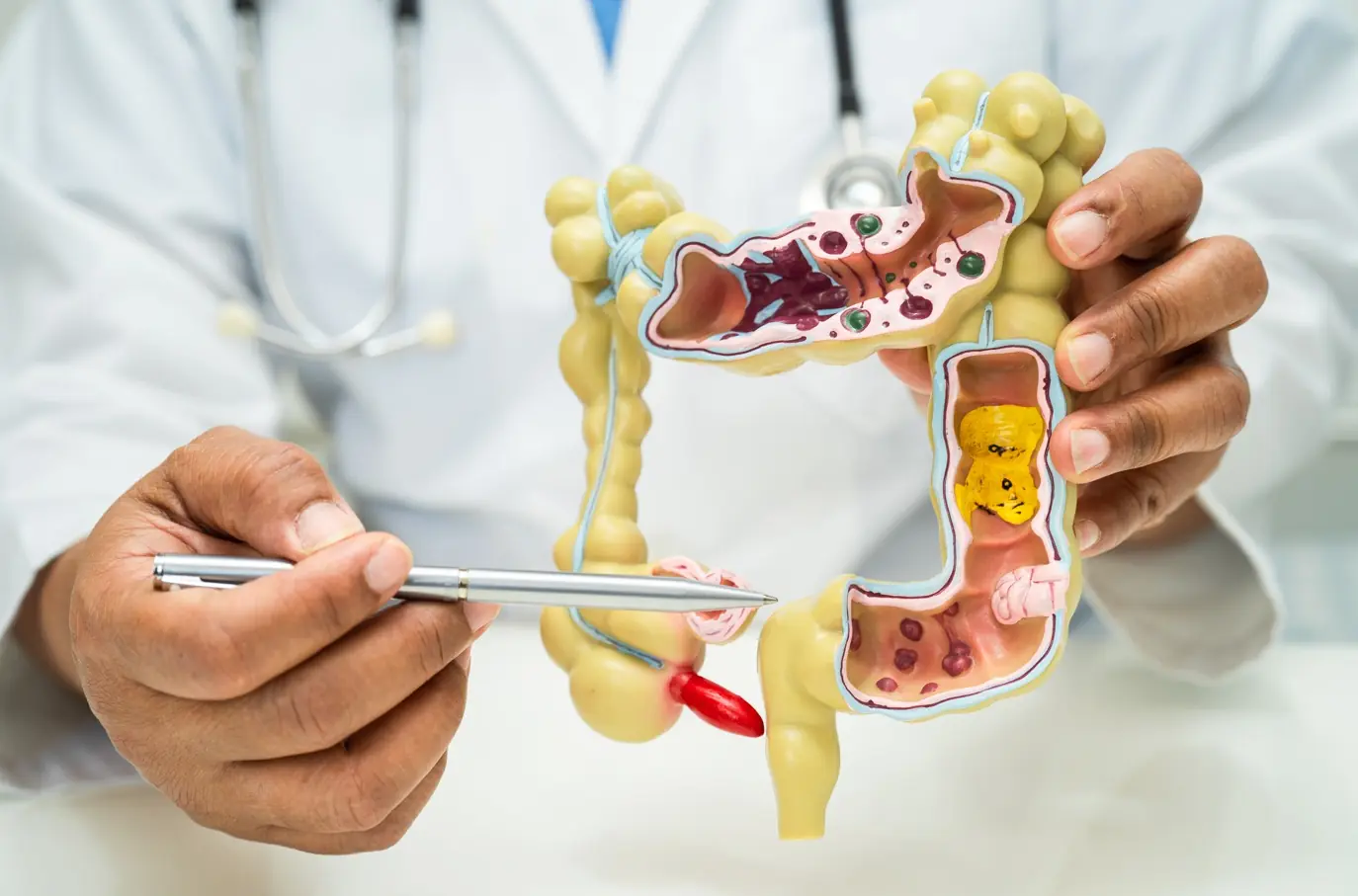
New Research Finds 40-50% of Colon Cancer Cases Can Be Prevented by Doing These Simple Things
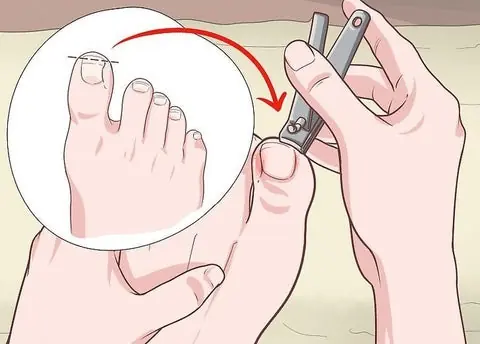
The Simple Trick to Get Rid of Ingrown Toenails Fast—You’ll Wish You Knew Sooner!

Statins warning: new research confirms these harmful side effects

If cancer is present, 3 key symptoms often appear in the morning

The Warning to People Who Regularly Walk Around Their Homes Barefoot

Foods That Add Inches to Your Waistline

Why the Neck Sags with Age: Causes, Solutions, and Prevention Tips
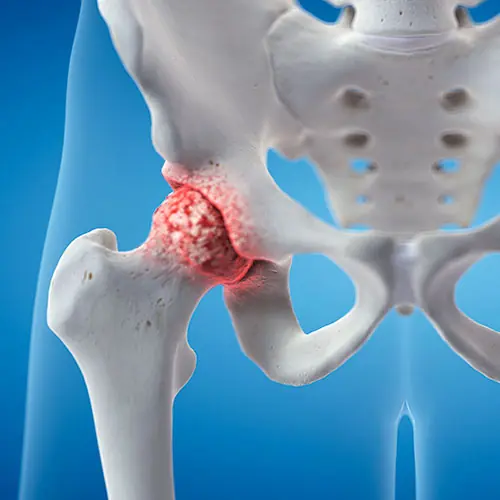
Top 3 Vitamins for Hip Arthritis

Anyone Who Wants to Avoid Having a Stroke Needs to Start Eating these 15 Foods Immediately
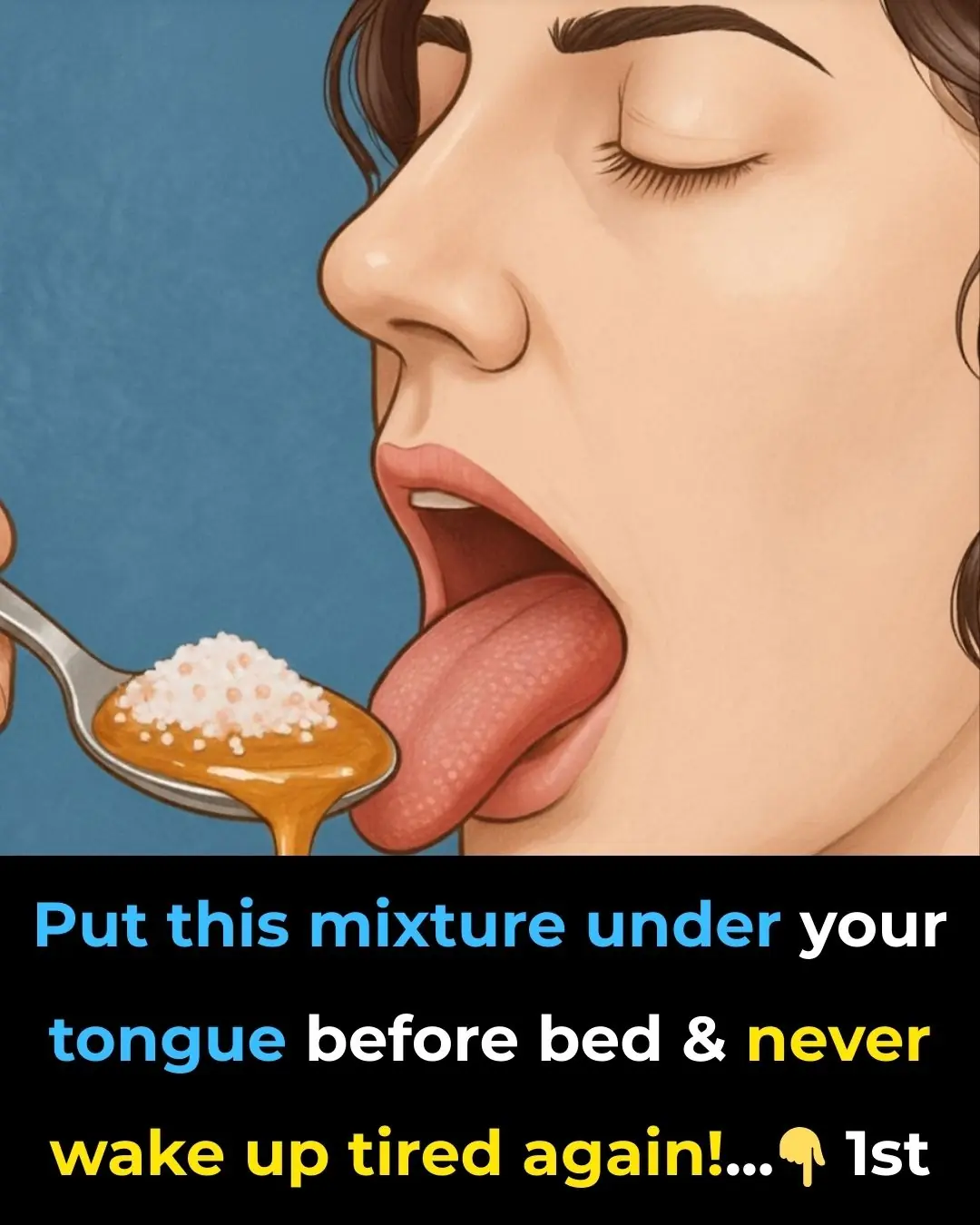
Put THIS Mixture Under Your Tongue Before Bed And NEVER Wake Up Tired Again!

Shocking Study: Popular Birth Control Linked to Higher Brain Tumor Risk in Women
While meningiomas remain uncommon, this research suggests that some forms of hormonal contraception — particularly long-term injectable Depo-Provera — may raise the risk more than previously understood.

4 Things You Should Never Say to Someone with ADHD (And Better Alternatives)
ADHD is often misunderstood, leading many people to make comments that, while well-intentioned, may actually cause harm. Knowing what not to say—and what to say instead—can make your conversations more empathetic, supportive, and genuinely helpful fo

Silent Danger: How Stalking Secretly Raises Women’s Risk of Heart Attack and Stroke
Being stalked is not just an emotional burden—it can leave a lasting mark on the body. A new study reveals that women who have been stalked face a sharply higher risk of heart attack, stroke, and long-term heart disease, proving that trauma isn’t onl

Breakthrough study shows lithium can ‘reverse’ Alzheimer’s damage even in advanced stages
News Post

Save this valuable remedy that helps de:toxify and can save the life of someone bitten by a ra:bid d:og or snake in just 1 minute.
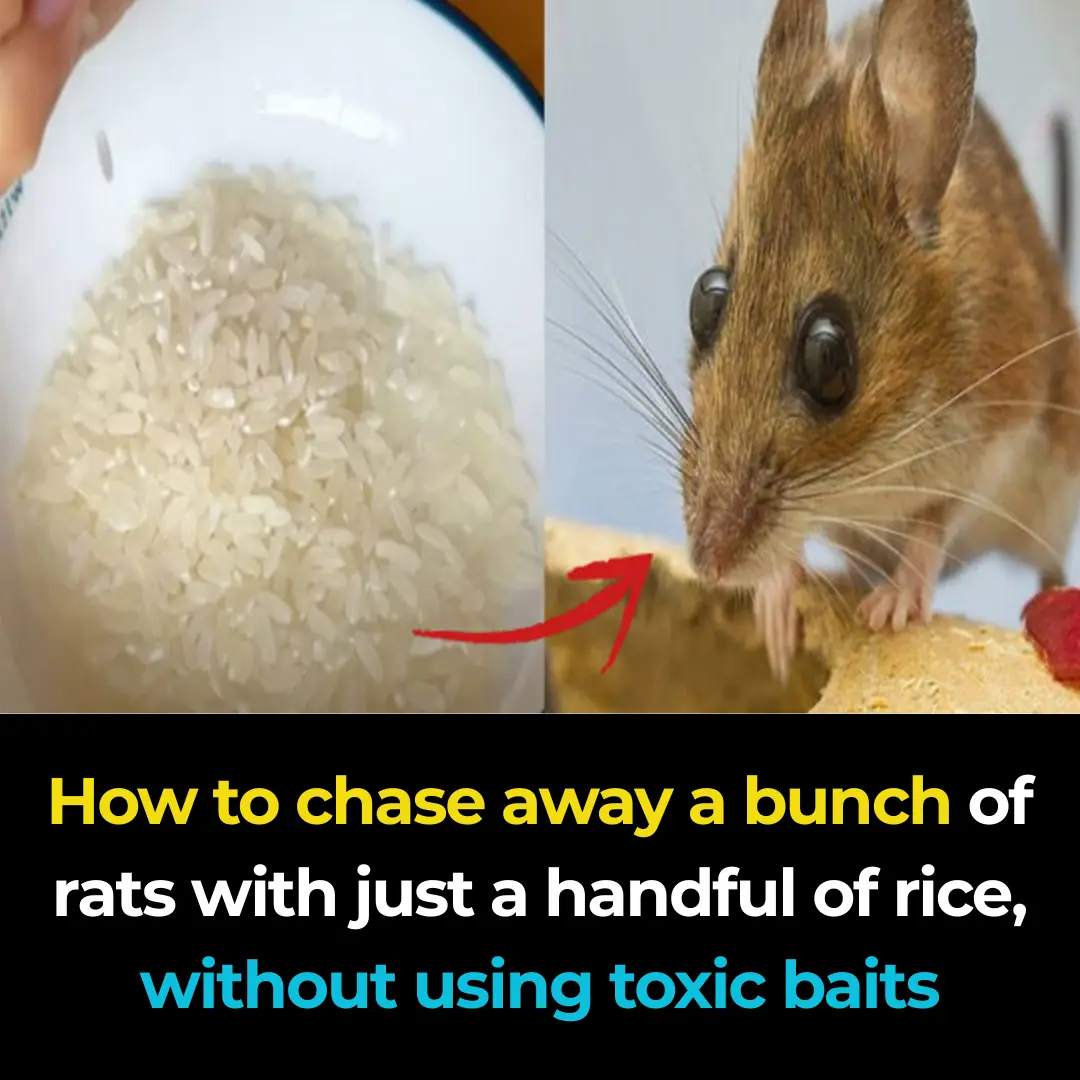
The method to drive away an entire rat colony using just a handful of rice, without the need for harmful poisons.

Clean your house with this simple trick using water, and the house will be as clean as new, with no dust sticking, even if you don't clean it for a whole week.

Simple Homemade Cough Syrup Removes Phlegm From The Lungs

Eat this #1 meal to help unclog your arteries naturally

Canker Sores Are The Absolute WO:RST…Here’s How To Get Rid of Them Fast!
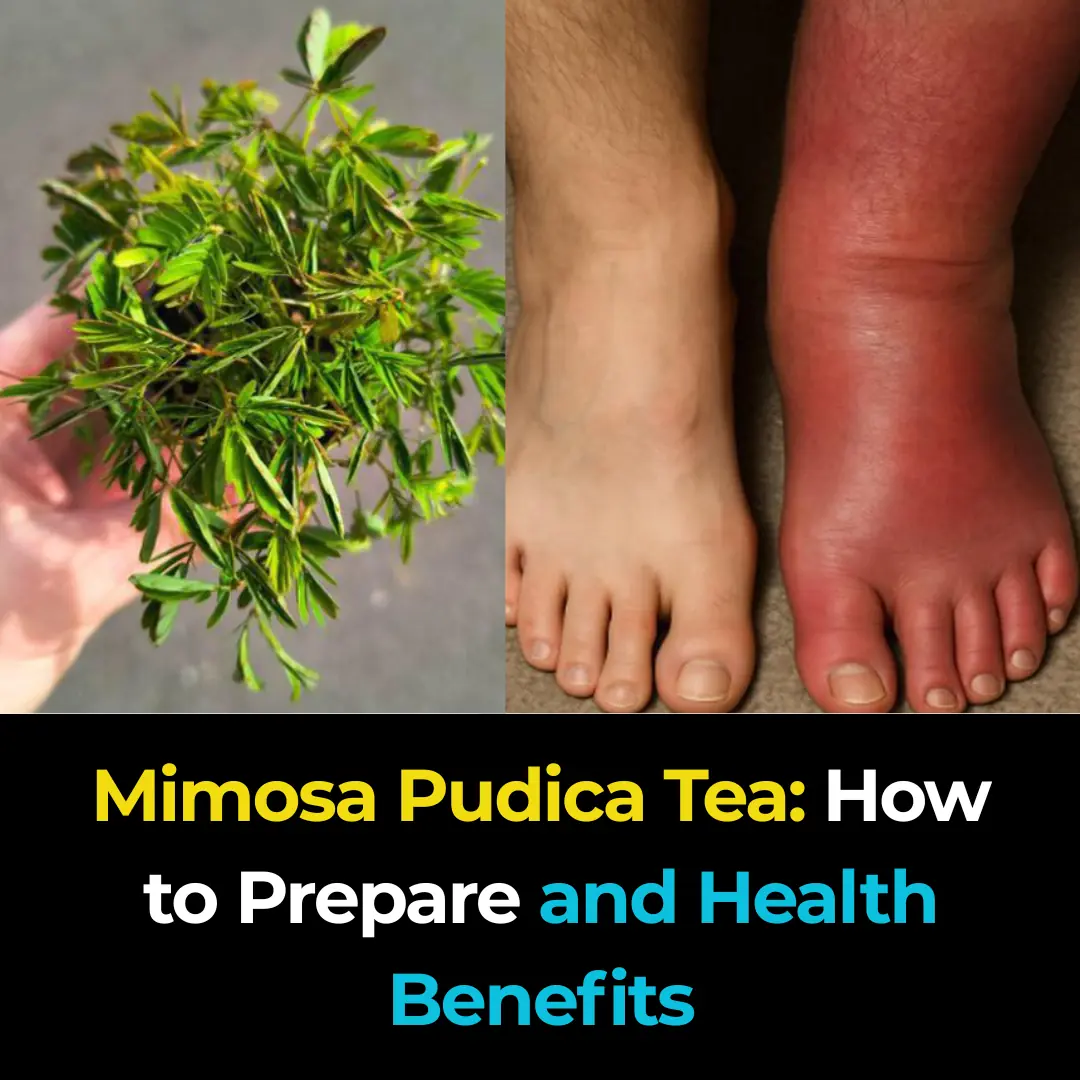
Mimosa Pudica Tea: How to Prepare and Health Benefits

7 Benefits and Uses of Ageratum conyzoides

Tips to clean rust from gas stoves with rice water and cooking oil, seems like a joke but the effect is surprising, the stove is sparkling clean

5 things you should never put in the washing machine, not only can they not be cleaned, they are also dangerous

The small round hole at the end of the nail clipper is useful
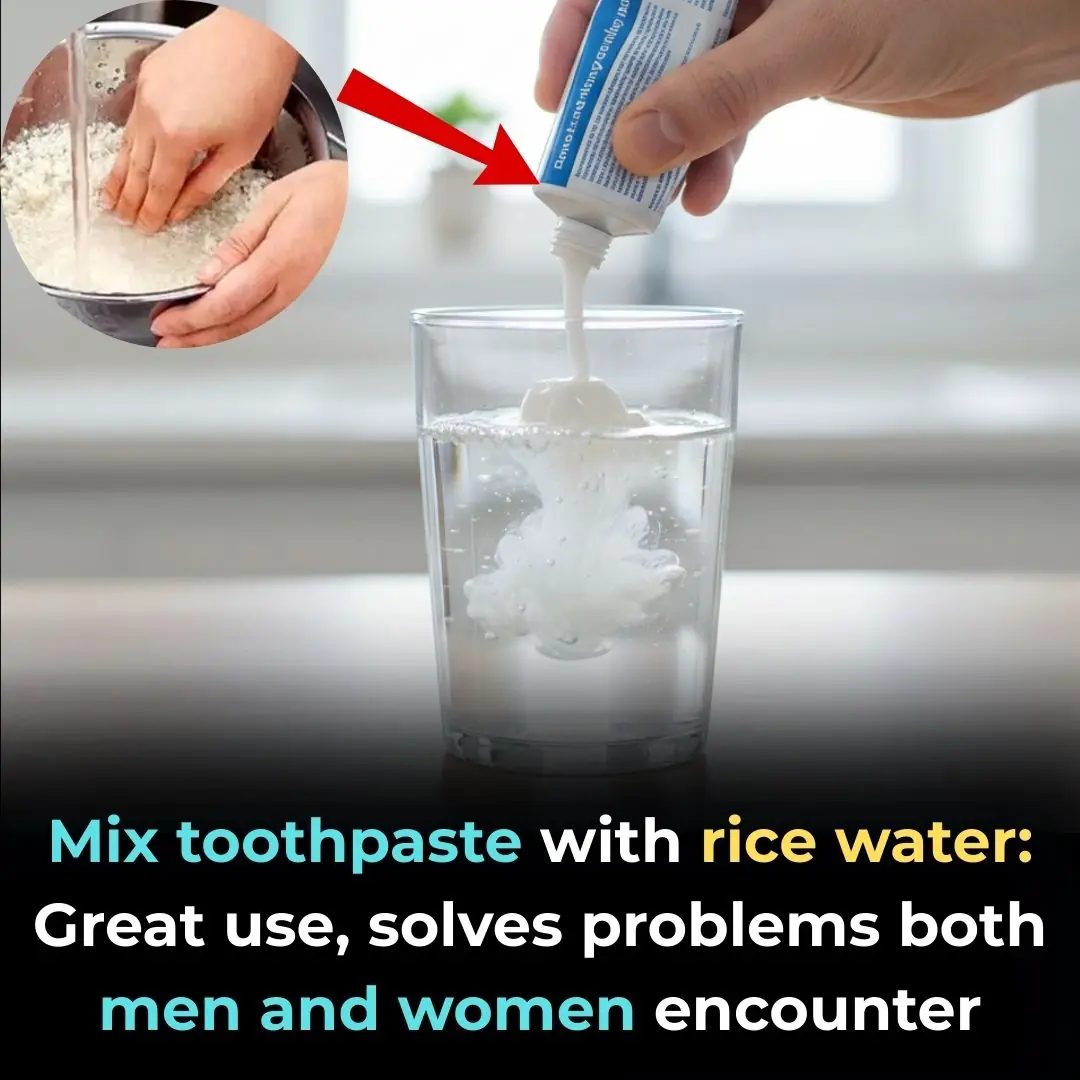
Mix toothpaste with rice water: Great use, solves problems both men and women encounter
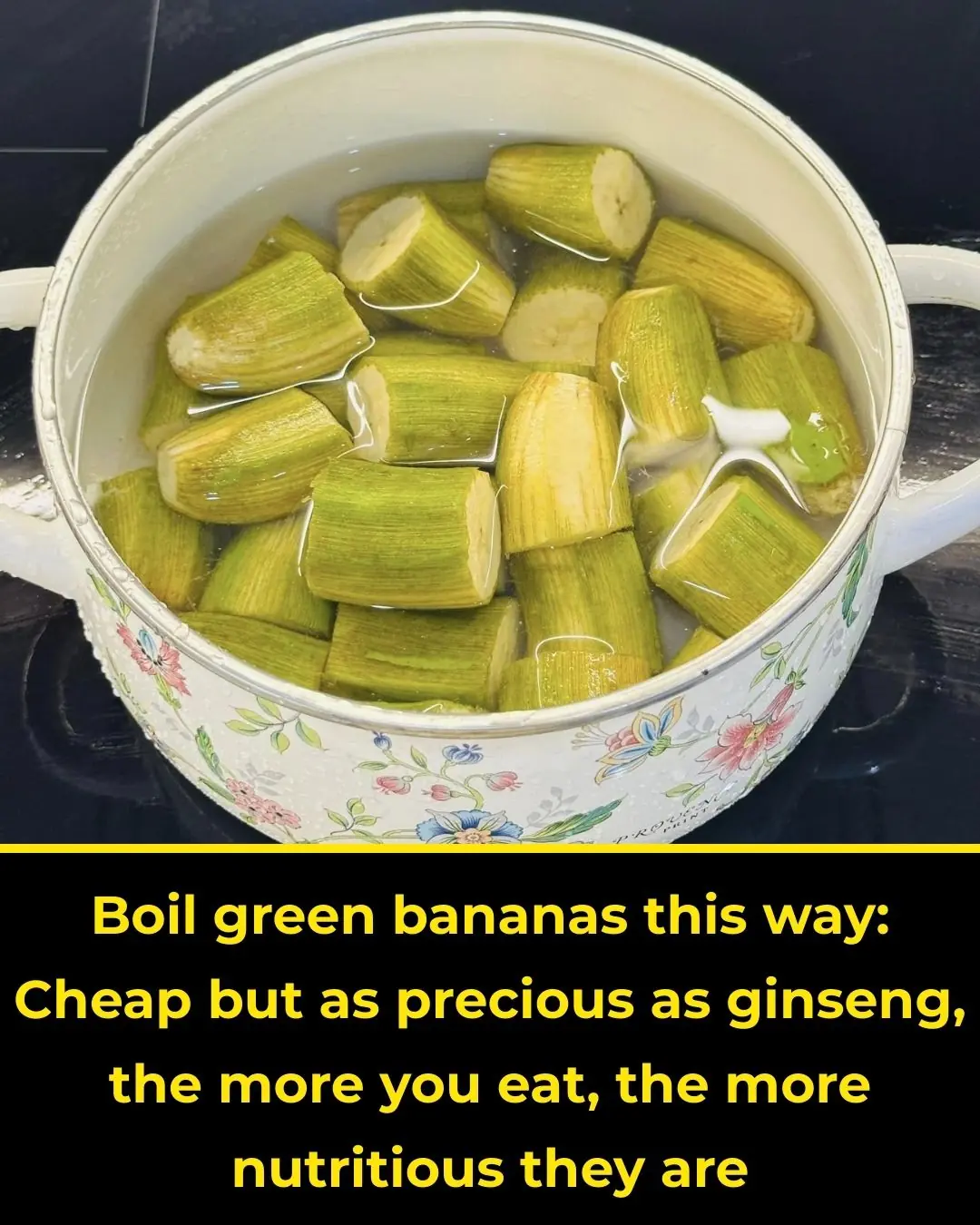
Eating green bananas this way is very good for your health

Unexpectedly reduce electricity bill with the trick of putting tissue paper in the refrigerator - Anyone can do it
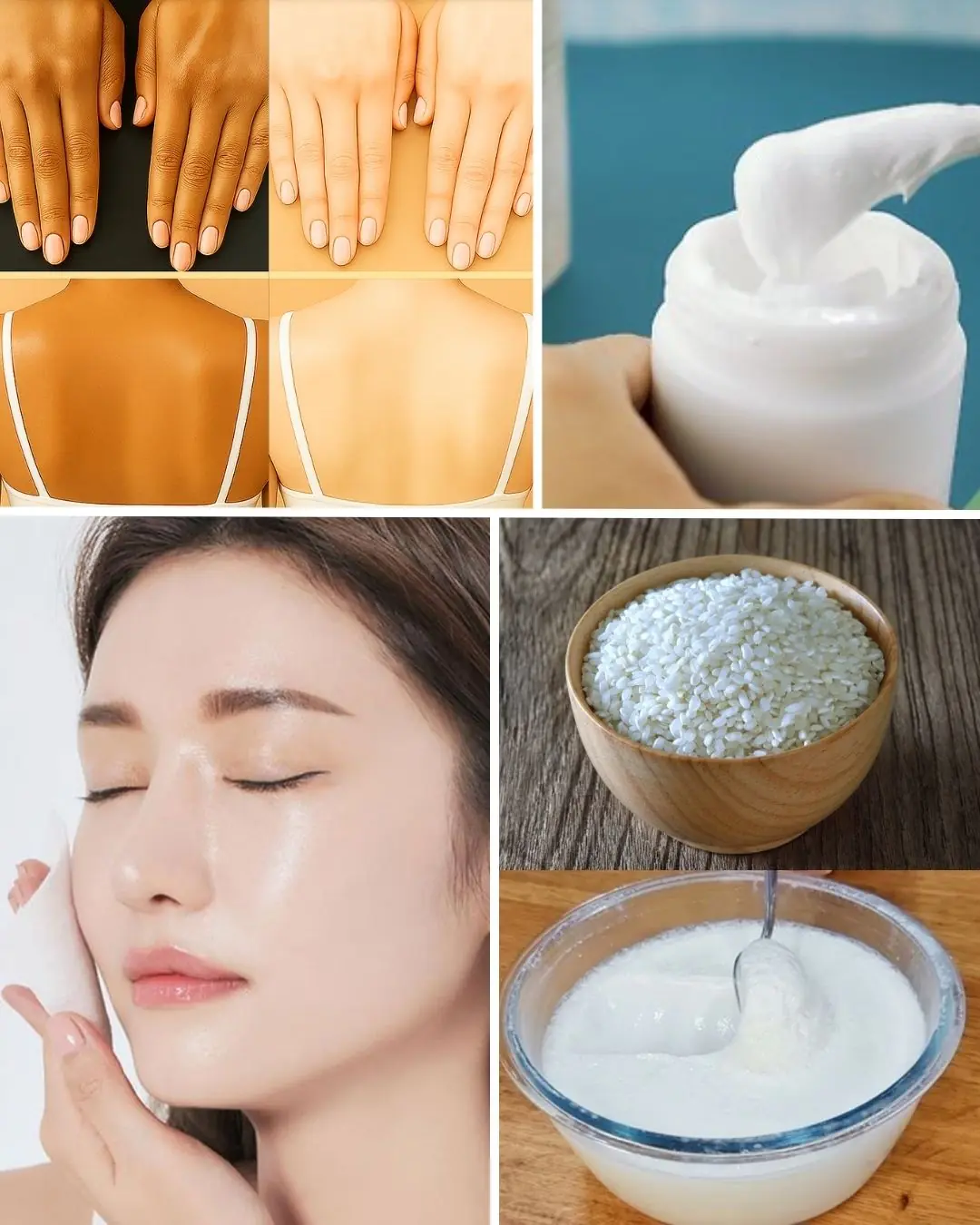
10 Shades of Japanese Whitening Secrets: Rice-Based Beauty Formula for Wrinkle-Free, Spotless Skin
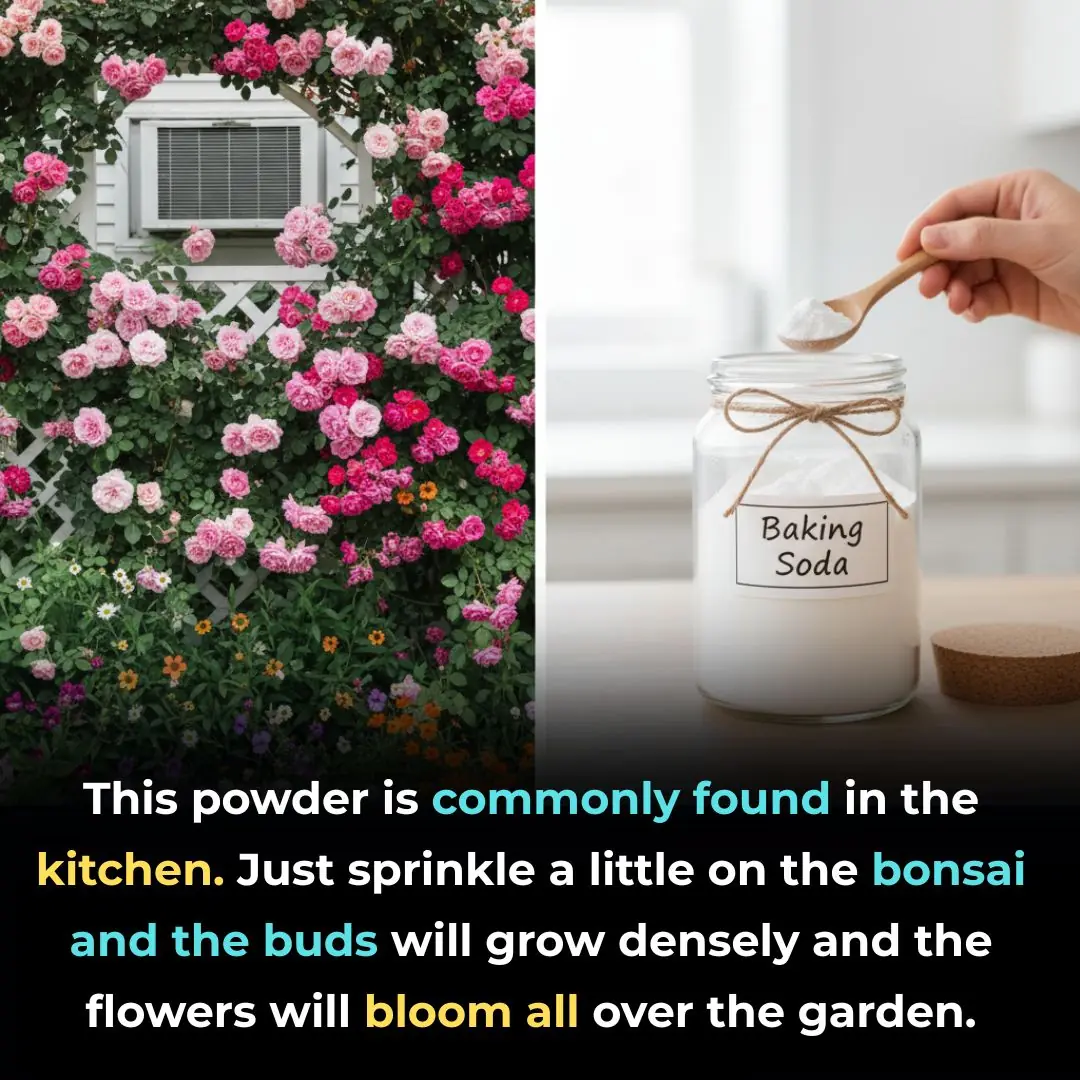
This type of powder is often found in the kitchen. Just sprinkle a little on ornamental plants, the buds will be dense, and the flowers will fill the garden

Don’t Boil Eggs Directly In Water — Here’s How FIVE-STAR Hotels Cook Their Eggs!

When someone in the family passes away, you should know that you should not keep these 4 relics for your children and grandchildren.

3 mistakes when using plastic wrap that can cause cancer that many people make
